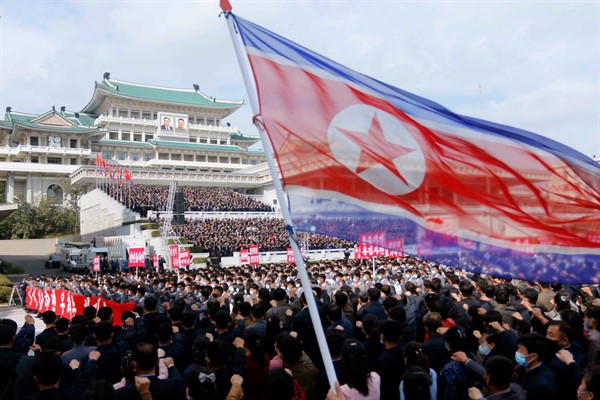When President-elect Joe Biden enters the Oval Office on Jan. 20, he is unlikely to have North Korea at the front of his mind, given the many other urgent crises he will confront. But the Korean Peninsula has a way of forcing American presidents to pay attention. Crucial decisions about how to approach negotiations with Pyongyang over its nuclear program, as well as how to manage the U.S. alliance with South Korea, are now overdue. If Biden chooses wisely, his administration could prove transformational for the Korean Peninsula. If he errs or defers meaningful decisions to his successor, he risks being responsible for tragedy.
The past four years have seen North Korea steadily improve its capabilities, to the point where it can now plausibly reach any location in the continental United States with nuclear weapons. Pyongyang has also diversified the delivery systems from which it can launch long-range missiles, making its arsenal more survivable against attack. And it has begun to use solid-fuel propellant in its projectiles, which improves its ability to conduct launches with little to no advance warning. As time passes without a deal to curb its nuclear and missile programs, North Korea’s arsenal grows ever more lethal, with no foreseeable endpoint.
But the situation Biden faces is more problematic than when President Donald Trump took office nearly four years ago. The 2017 nuclear crisis broke overwhelmingly in North Korean leader Kim Jong Un’s favor. Not only did he achieve his regime’s longstanding priority of achieving and demonstrating an operational nuclear deterrent against the United States, he did so while avoiding military calamity, defying the United States, securing the suspension of some U.S. military exercises and nuclear-capable bomber deployments, and winning favorable global media coverage the following year as the world—and the U.S. president—sought to engage with Pyongyang.

